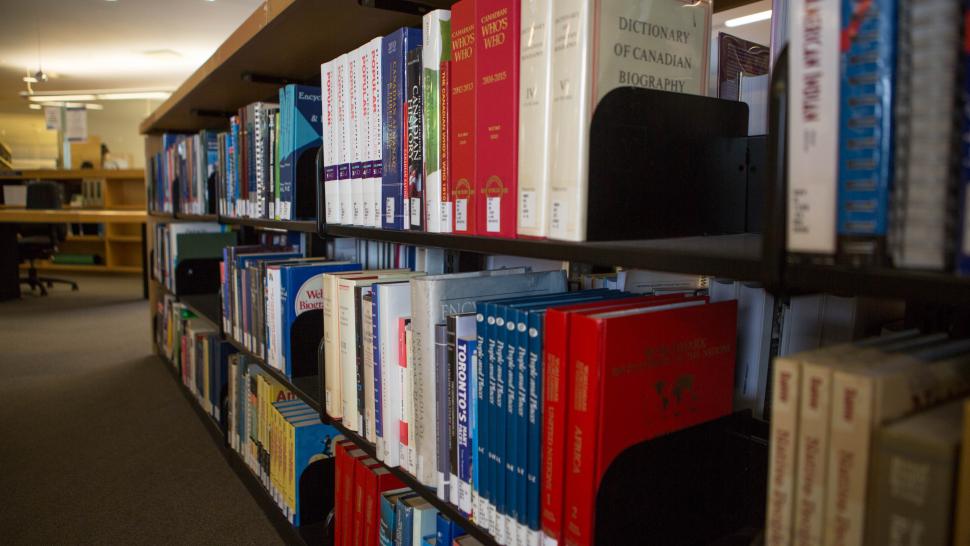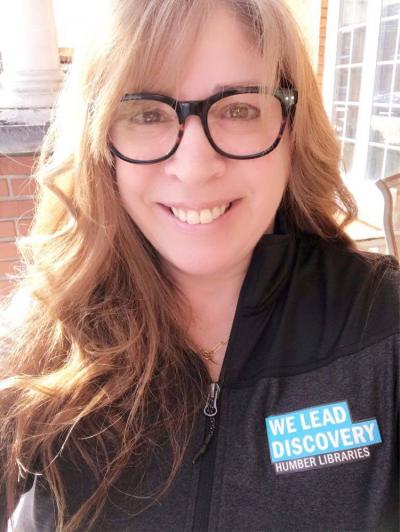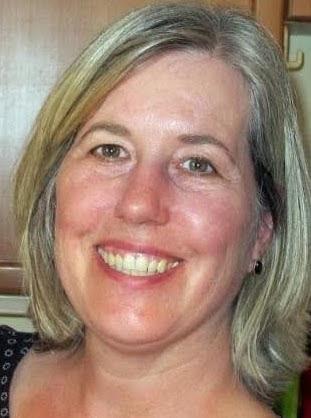
#HumberTogether: For the first two weeks of March leading up to the anniversary of campus closures due to COVID-19, Humber Today will publish stories showcasing the exceptional efforts of various departments, clubs and individuals over the last 365 days as part of a #HumberTogether Series.
A few months ago, Humber media resources library technician Maria Soares received a request from a faculty member that, prior to March 2020, would have been a breeze to fulfill.
She was asked to provide the 2019 film There’s Something in the Water, which explores environmental racism, directed by Elliot Page. In fact, the documentary was the one of the library’s most-requested film.
The problem was, since campus closed last March, the library could no longer lend the DVDs faculty relied on for in-class instruction and creating a digital file is complicated. The library didn’t even own a DVD of the film yet, because it was a new release. Soares would be starting from scratch. 
First, she had to find and contact the producer, then negotiate a copyright license, file type and the price of the transaction.
“I reached out to Elliot Page. It was frustrating because the documentary was only available on Netflix, which is for home streaming use only. I reached out a few times and told them that this was such a valuable piece of
A few months later, she heard about negotiations with another distributor and followed up. Soares was able to acquire the film.
Due to COVID-19 and an escalating number of requests to convert DVDs into online resource, Soares’ workload had greatly increased. A few months later, she heard about negotiations with another distributor, followed up and “we acquired the film,” said Soares.
Her colleague, Denise Rooney, whose job as a Learning Commons coordinator also changed due to COVID-19, was freed up and able to help her.
They started to work their way down a growing list of requests as a team.
Prior to the pandemic, more than half of library interactions were happening in person at eight service points across two campuses.
“Suddenly, everything was closed, so we became completely focused on offering almost the same service online,” said Dijana Kladnjakovic, Manager of Learning Resources & Services.
Staff worked quickly to convert in-person contacts to online interactions, which were ready within a few days of campus closures. Currently, 70 per cent of the library's resources are electronic, but with the closure there was also an increased push to convert many physical items such as books and DVDs into online resource.
The department now offers one-on-one appointments through Teams and online chat. The online chat hours were extended to 6 a.m. to midnight in order to be more accessible to our students and their schedule, as well as to accommodate international students and time zone differences. This service is offered in collaboration with other college libraries using askON chat services. The Library also started to digitize as many physical resources as possible, but this depends on copyright limitations, negotiations and sometimes lengthy searches for ownership of rights.
“We pushed everything online, but we also realized that the technical skills of all our staff are not on the same level,” said Kladnjakovic.
“So, we established the ‘Tech Trio,’ three staff members who are tech-savvy. They’ve been so enthusiastic and patient. They did one-on-one training with every single staff member,” she said.
Two more employees formed the ‘Working from Home’ team and made sure everyone in the department had the supplies and equipment they needed to work safely and effectively.
In addition to the conversion of online support, the department has introduced ‘Book Pickup Services, bearing in mind that the majority of textbooks are still only available in print. The library offers regular pick-up hours and mails out books to students and faculty who can’t make it to campus.
Rooney had several years of experience in copyright prior to joining Soares and supporting faculty streaming needs.
“I didn’t know how she was doing all that by herself because there are so many moving pieces,” said Rooney.
Often, faculty members will email with a list of 10 films. These days, unless a digital file is already available and licensed, that means tracking down ten different producers and distributors.
“We’ve become like Daphne and Velma solving Scooby Doo mysteries. We have to source each one and often they’re very obscure,” said Rooney.
In addition to finding films and negotiating copyright licenses, sometimes the pair need to coordinate closed captioning and other details.
Their work requires focus and tenacity.
“I really get excited about it, because we never give up,” said Soares.
As problem-solvers, Soares and Rooney realize that sometimes, the best way to get a job done is the old-fashioned way – as long as it is COVID-19 safe.
Recently, after tracking down the creator of a self-produced film, Rooney found that the woman had just one DVD copy of the film. She’d have to come pick it up.
“She didn’t want to send it in the mail in case it got lost. So, I drove to her house and picked it up, then drove it to our copyright person who can actually transform it into mp4. Then I drove back to her house to drop it off,” she said.
The door-to-door delivery paid off with even more benefit for students. Rooney connected the producer with the faculty member who requested her film and, a short time later, the producer gave a presentation in the professor’s virtual classroom.
